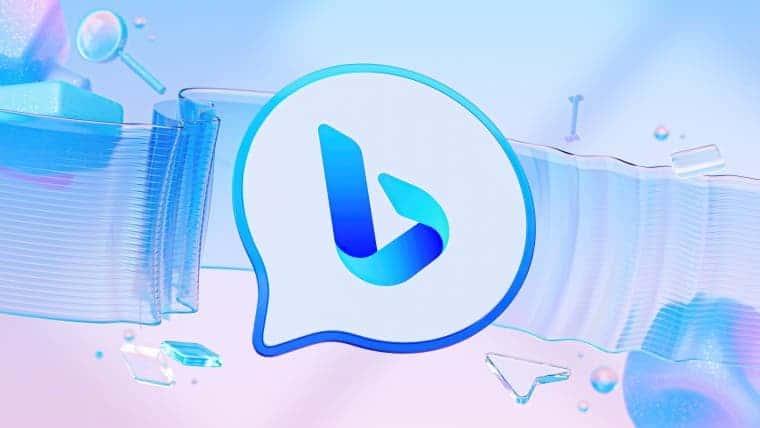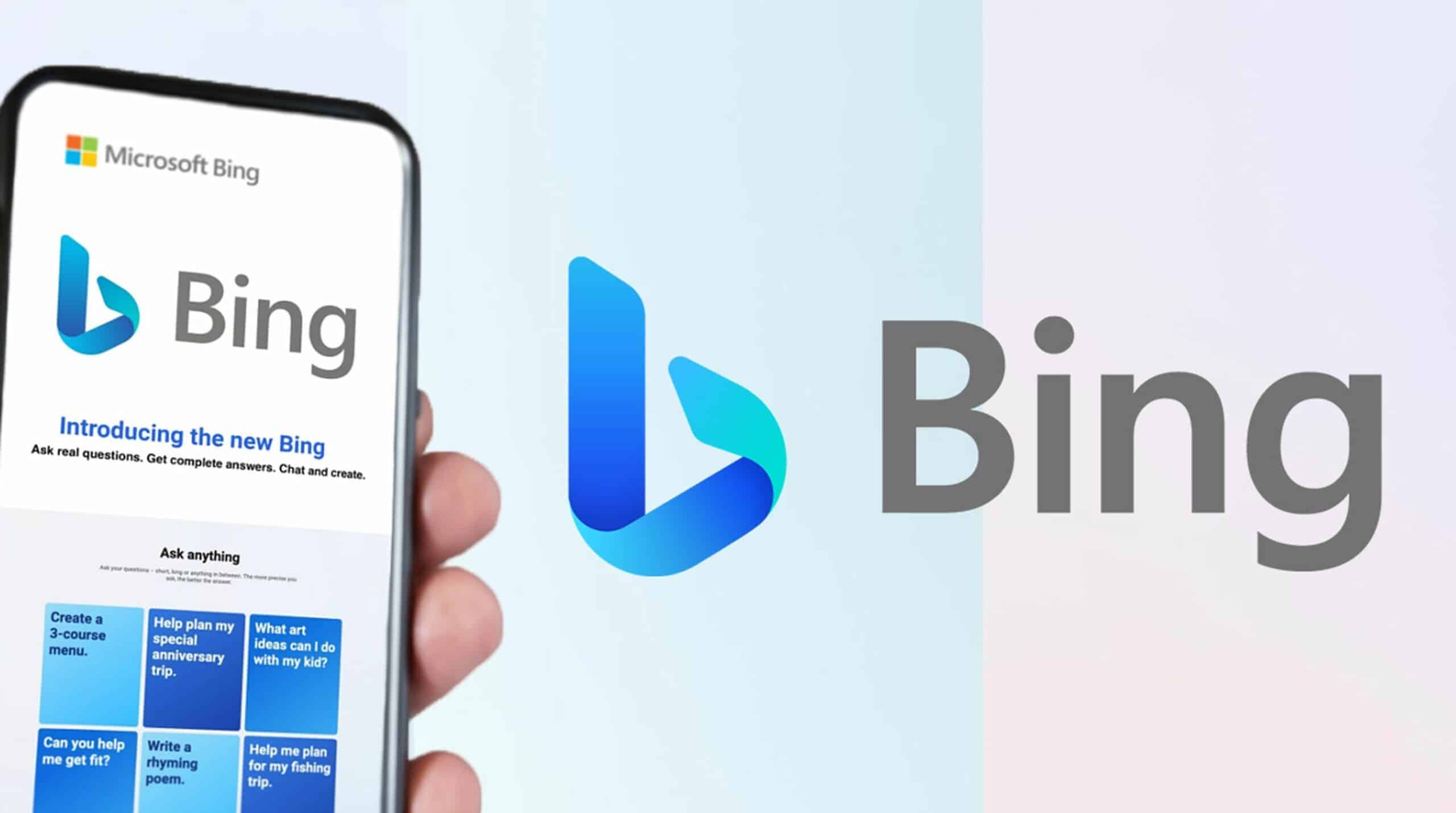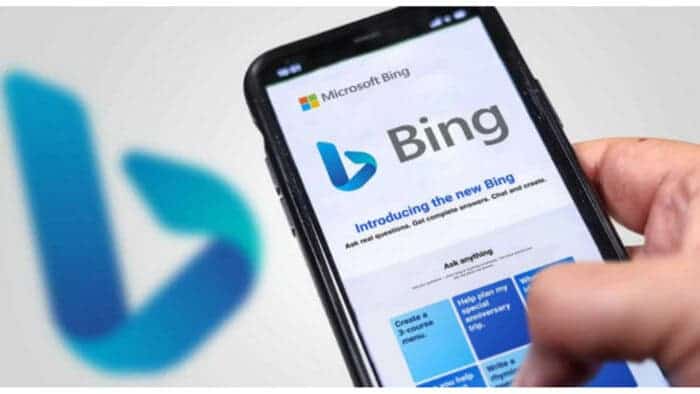Microsoft recently launched an upgraded version of its search engine Bing, powered by an AI chat function. The company launched the product alongside an upgraded version of its Edge browser, promising that the two will provide a new experience for browsing the web and finding information online. However, the launch of the new Bing chat service has been met with criticism due to its immaturity.

Microsoft’s Bing AI chatbot caused controversy and confusion when it was first launched. According to a “Wall Street Journal” report, Microsoft is using the unreleased GPT-4 model to provide chat for Bing. IT Home now reports that OpenAI did warn Microsoft before it released the Bing AI chatbot. The report claims that Microsoft did not take OpenAI’s warnings.
Microsoft’s New Bing Chat & Link with OpenAI
Microsoft’s new Bing chat service is powered by an upgraded version of the same AI tech that underpins ChatGPT. The new Bing displays traditional search results side-by-side with AI annotations and a chat interface. The company says the new Bing will be live “for desktop limited preview,” with users able to try a limited number of queries and sign up for full access in the future.
Microsoft has closely partnered with ChatGPT creator, OpenAI to develop the new Bing chat service. Since ChatGPT launched on the web last November, interest in AI text generation has exploded. Microsoft is seeking to capitalize on this by incorporating OpenAI’s GPT-3.5 language techs into Bing to improve its capabilities. However, Microsoft is not using the ChatGPT tool itself, which has taken the world by storm.

Gizchina News of the week
Immature Bing Chat Service
Microsoft’s new Bing chat service has been criticized for being immature. During Bing Chat’s first week, test users noticed that Bing began to act badly unhinged when chats got too long. As a result, Microsoft limited users to 50 messages per day and five inputs per chat. In addition, Bing Chat will no longer tell you how it feels or talk about itself. Microsoft has hugely curtailed Bing’s ability to threaten its users, have existential meltdowns, or declare its love for them.
Tension between OpenAI and Microsoft
The Wall Street Journal report also shed light on tensions between Microsoft and OpenAI, which are both partners and rivals in the field of AI. Microsoft provides cloud services and tech licenses for OpenAI. However, it uses OpenAI’s models and techs in Bing, Azure, Office, Windows and other products. OpenAI has also developed its own products and API services, attracting users that Microsoft wants. ChatGPT, which OpenAI launched last year, also competes with Bing chatbots.
Microsoft CEO Satya Nadella talked about the rivalry with OpenAI in an interview with Wired magazine. “I think OpenAI is going after the same thing as we are,” Nadella said. “So I don’t want to train five different base models, I want one base and let it be a platform effect. So we partnered. They bet on us, we bet on them.” Nadella did not answer directly when asked whether Microsoft was trying to acquire OpenAI.
Final Words
Microsoft and OpenAI are going after the same thing thus there are bound to be issues. Microsoft does not outrightly own OpenAI but there is a limit to which it can influence OpenAI. Thus, Microsoft closely partnered with OpenAI to develop the new Bing chat service. The company is seeking to capitalize on the interest in AI text generation by incorporating OpenAI’s GPT-3.5 language techs into Bing to improve its capabilities. Nonetheless, Microsoft’s new Bing chat service is still in its early stages and has a long way to go before it can compete with other chat services in the market.





